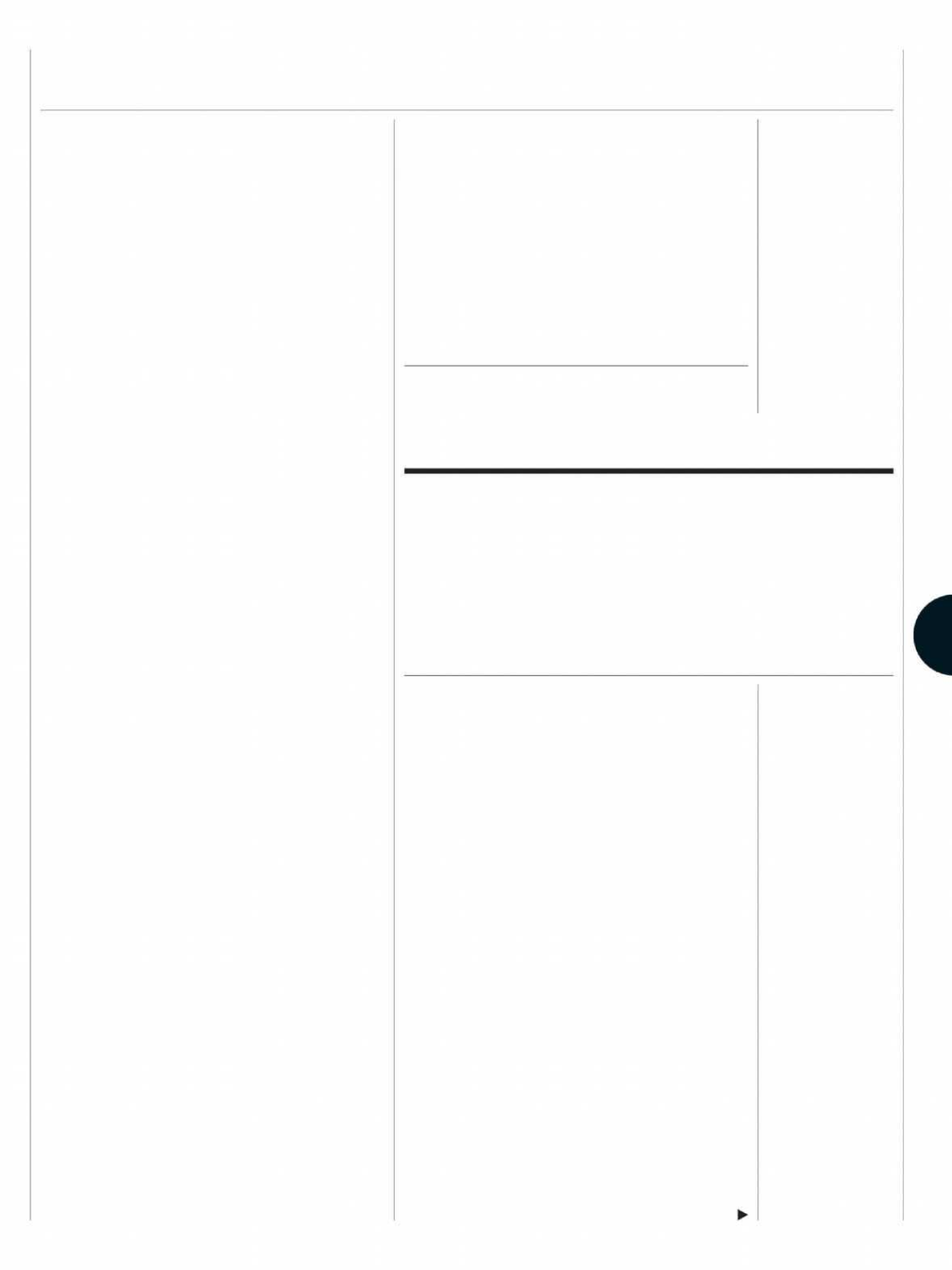
ECONOMICS
Bloomberg Businessweek
May 14, 2018
41
○ Presidential candidates are trying to tap into popular anger about
corruption at state companies
SellingBrazilians
On Privatization
some restrictions on commerce with Iran, but
also because European companies feared Trump
would follow through on his campaign pledge
to pull out of the nuclear deal. Airbus Group
Inc. has delivered only three of the 98 jetliners
Iran ordered, a contract worth about $19 billion.
Total SA and China National Petroleum Corp. have
a $5 billion contract to jointly develop the South
Pars natural gas ield. The French oil major has
signaled it would pull out if it couldn’t secure a
waiver if sanctions were reinstated. (The Iranian
government has said Total’s stake would then be
transferred to CNPC.)
Chinese companies have shown more willingness
to defy U.S. pressure to isolate Iran. That doesn’t
mean they’re beyond the reach of U.S. authorities.
The FBI and two other U.S. agencies are said to be
investigating Huawei Technologies Co. for possi-
ble violations of sanctions, according to two people
familiar with the matter. Its compatriot ZTE Corp.
was banned from buying American components for
a similar ofense. “Chinese companies have become
much more multinational and global. They have
more of a brand reputation” that they need to pro-
tect, says Esfandyar Batmanghelidj, founder of the
Europe-Iran Forum, an annual gathering for exec-
utives. That gives the U.S. leverage “to discourage
them from engaging in Iranian markets,” he says.
Many Chinese companies still have zero exposure
to the U.S. and, consequently, nothing to lose from
their forays into Iran. State-run enterprises in par-
ticular have no diiculty setting up special-purpose
vehicles for dodging sanctions. “All they have to do is
create a subsidiary that’s separate from the original
entity,” says Esfandiary of King’s College.
The politics are diferent, too. France, Germany,
and the other European Union countries that lob-
bied to keep the Iran deal intact are longtime U.S.
allies and wary of a direct clash with Washington.
But China, along with Russia, is a main U.S. strate-
gic rival. Central to its geopolitical ambitions is a
plan to crisscross Eurasia with a web of transporta-
tion and infrastructure links. Persia was on the old
Silk Road, and Iran is at the heart of President Xi
Jinping’s new one.
China is now the biggest buyer of Iranian oil, with
sales totaling about $11 billion a year at current vol-
umes and prices. Chinese companies have signed
deals in the past year valued at more than $2.2 bil-
lion to pay for upgrades to a rail link to the eastern
city of Mashhad and for the construction of a new
railway to Bushehr, a Gulf port city. India was sup-
posed to be developing the port of Chabahar on the
Arabian Sea, but repeated delays have prompted
Iranian oicials to turn to China in the hope of
In one of the most iconic photo moments of his
presidency, Luiz Inácio Lula da Silva waves a pair
of hands slicked with crude from a petroleum
platform operated by Brazil’s government-run oil
company, Petrobras. The country’s state-heavy
economy was roaring, buoyed by the global com-
modity boom, prompting Lula to later declare,
“God is Brazilian.” Twelve years later, Lula is in
jail, Petrobras is reeling from a massive corruption
scandal, and Brazil’s era of undisputed resource
nationalism has reached an ignominious end. As
presidential elections in October approach, the
long-unthinkable is now being openly debated:
Should public assets be sold of?
Geraldo Alckmin, a former São Paulo gover-
nor who’s running for president for the second
time, exempliies the shifting mindset. In 2006 he
campaigned wearing a vest and a cap festooned
with state-company logos to rebut claims he was a
“privatizer.” This time around he’s pledged to sell
the government’s controlling stake in Petrobras
if elected. Billionaire businessman and presiden-
tial hopeful Flávio Rocha recently proclaimed:
“I’d sell all the state companies.” Jair Bolsonaro,
a onetime army captain who’s the front-runner in
opinion polls among eligible candidates, broadly
supports auctioning state assets, though he also
THE BOTTOM LINE Chinese companies are lining up to do
business with Iran while European investors anticipating a return of
U.S. sanctions have stood on the sidelines.
speeding up construction. China looks at relations
with Iran “from a strategic perspective,” Minister of
Foreign Afairs Wang Yi said last year during a meet-
ing with Iranian oicials in Beijing.
At the Tehran Metro, it won’t be the irst time
politics have swayed investment decisions. When
building got under way in the pro-Western Iran of
the 1970s, it was under French managers. Within
a year of the Islamic Revolution of 1979, they were
gone. That’s business, says Abdollahpour. “In the
world of commerce, one day you’re friends with
someone, one day you aren’t.”
—Ladane Nasseri








